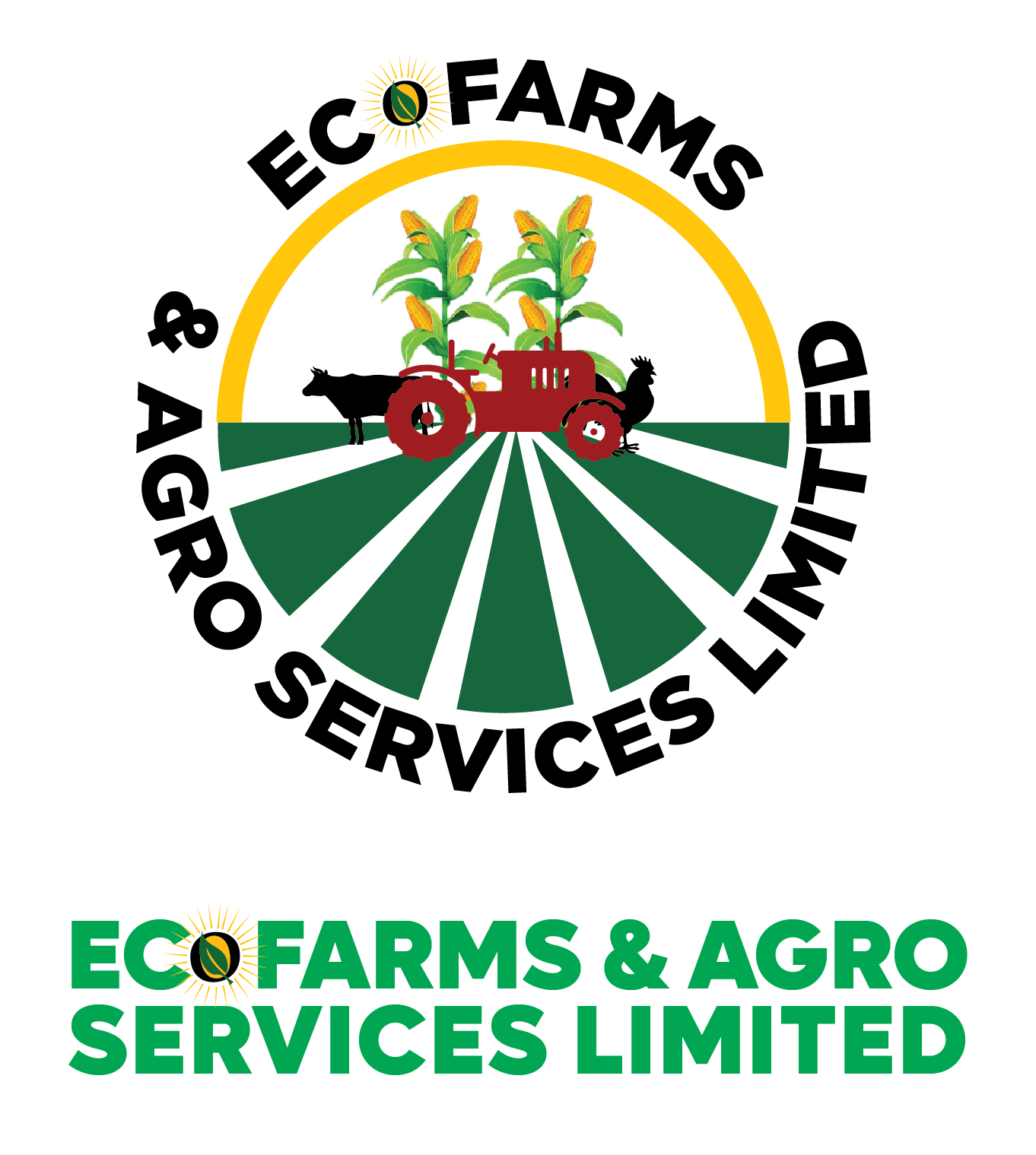Sub-Saharan Africa is a land of opportunities, especially its agriculture which is currently experiencing a remarkable boom. Fueled by its vast resources, growing population, consumer market and an ever-increasing interest by its teaming younger generation who are embracing sustainable farming techniques, and cutting-edge technologies, and recently government policies aimed at encouraging rapid agricultural advancements. The continent is sure forging a path towards agricultural prosperity and food security. Nigeria is among several countries of this region with an increasing potential to meet the world’s food security.
Here are four top perspectives on why you should consider investing in Nigeria’s Agri business:
- Population. Nigeria’s population is growing at an alarming rate. At nearly 2.5% of its Population per year. A condition a lot has doubted a two-faced coin. With a blessing and a curse. Additionally, nearly 60% of these population lives in urban communities. This creates a tremendous necessity for food security, jobs, education, shelter and medical services. This population offers a significant market for agricultural products, and processed goods, presenting a vast lucrative opportunity for investment. With a growing call for diversification from oil, investors can invest in a much-needed inward supply chains to boost GDP growth. This supply chains can then feed domestic factories that churn out products that mutually benefits the farmers and the general population.
- Vast Untapped Resources. It is no news that Africa is washed with resources. With an immeasurable expanse of arable land, water resources, and favorable climate, Nigeria is an ideal destination for agricultural venture. Though its worthy of note, that more needs to be done to put this vast resources to use, as crop yields in Nigeria are among the lowest globally. Investors’ can explore business models designed to address such challenges. Achieving an increased yield depends on more than fertile soil and seeds. Growing weather anomalies are another challenge to be looked into. Businesses that can address these combined challenges with famer education and an internal seed capacity would not just find a foot hold, but would also ensure food security for a rapidly increasing population.
- Rising local Consumer Market. While Nigerians might be experiencing a tough economy at the moment, it’s interesting perhaps to note the expanding middle class, a situation shared by most African economies. This leads to an increased purchasing power and demand for premium quality agricultural products. It further presents an ample opportunity for investments in processed and value added products.
- Increasing access to technology and favorable government policies. The growing awareness and ease to accessing agricultural technologies is essential to the growing agricultural industry in Nigeria and most of Africa. This is largely as a result of growing favorable government policies designed to promote and attract investors. Importantly it is worth pointing out that, as a region still learning and understanding how these technologies interplay to guarantee efficiency in productivity, the key is in tailoring technologies that can be adapted to these regions and their uniqueness. Such technologies should be modular, not too expensive, and complex to operate and manage.
There will be enormous challenges, but an investor must have the perseverance and determination to weather them all.


